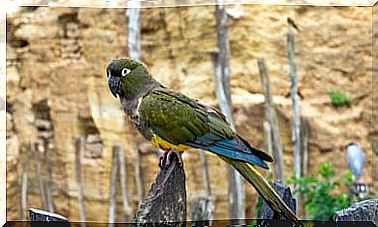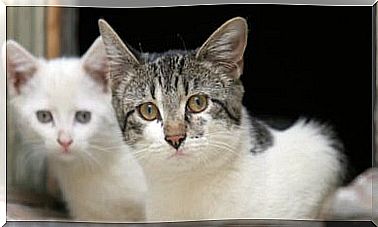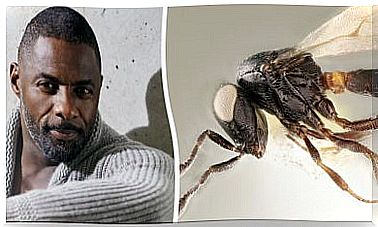7 Common Substances That Can Affect Your Cat
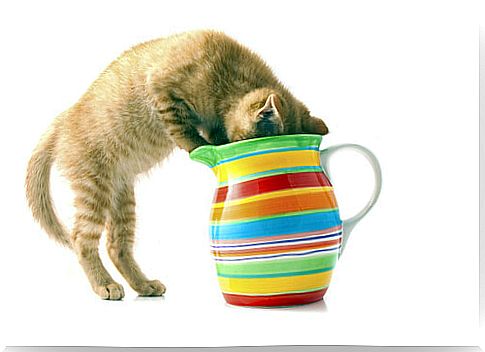
It is not trivial to know what common substances can affect your cat; many of them are not obvious. This information can be crucial, considering the immense curiosity these felines can display.
Your home can become a dangerous place for your cat and it is entirely your responsibility to create a safe environment for him. Of course, the one we present to you in this article is not an exhaustive list. We hope it serves to highlight the importance of addressing this issue to prevent accidents that can be fatal.
1. Herbs
Quiet! The most common herbs like basil, rosemary, and dill are safe for cats. Not to mention the favorite catnip.
However, other plants and herbs can adversely affect cats, as they can cause a racing heartbeat, vomiting, diarrhea, or even death. These life-threatening herbs include foxglove, comfrey, aloe, and castor bean.
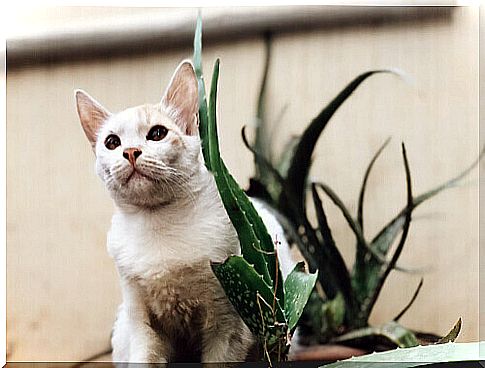
2. Indoor plants
There are many houseplants that are lethally toxic to cats, including azaleas, lilies, and poinsettia. Ingestion of the leaves and berries can cause vomiting, diarrhea, and even death.
According to experts, lilies are one of the most common toxicity problems for house cats. The reason? Many people are simply unaware that all parts of a lily (genera Lilium and Hemerocallis ) are poisonous to cats. This includes the petals, stamens, and even the water in the vase that holds them. If you have a cat, they cannot have lilies in your house or garden.
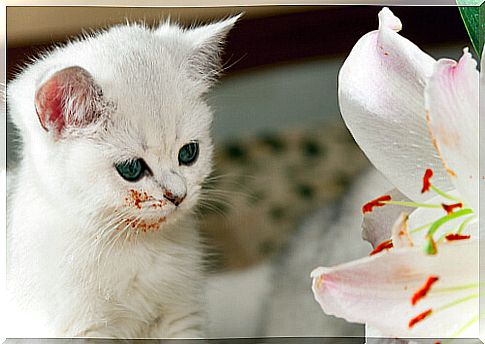
Other plants such as peace, pearl, and calla lily do not cause kidney failure. Instead, these plants contain oxalate crystals, which can cause minor symptoms, such as irritation to the mouth, tongue, throat, and esophagus.
3. Caffeine, one of the common substances that can affect your cat
Among the common substances that can affect your cat is caffeine. There are many ways a cat can find caffeine in a normal household. Caffeine is present in: coffee, tea, soda, energy drinks, weight lifting supplements, various over-the-counter pills, and even diet pills.

Caffeine in cats, in moderate amounts, causes life-threatening problems. Ingestion can cause cardiac arrhythmia, pancreatic problems, increased blood pressure, and organ damage.
4. Chocolate is among the common substances that can affect your cat
Chocolate contains the alkaloid theobromine, which is toxic to cats. It also contains caffeine and may contain sugar. If your cat eats chocolate, it can cause an abnormal heart rhythm, tremors, seizures, and even death. The darker the chocolate, the more dangerous it is for a feline.

5. Drugs, another of the common substances that can affect your cat
There are several relatively safe medications for other animals that are very harmful to cats. This list includes aspirin, acetaminophen, antihistamines, decongestants, ibuprofen, NSAIDs, salicylates, and sodium phosphate enemas.
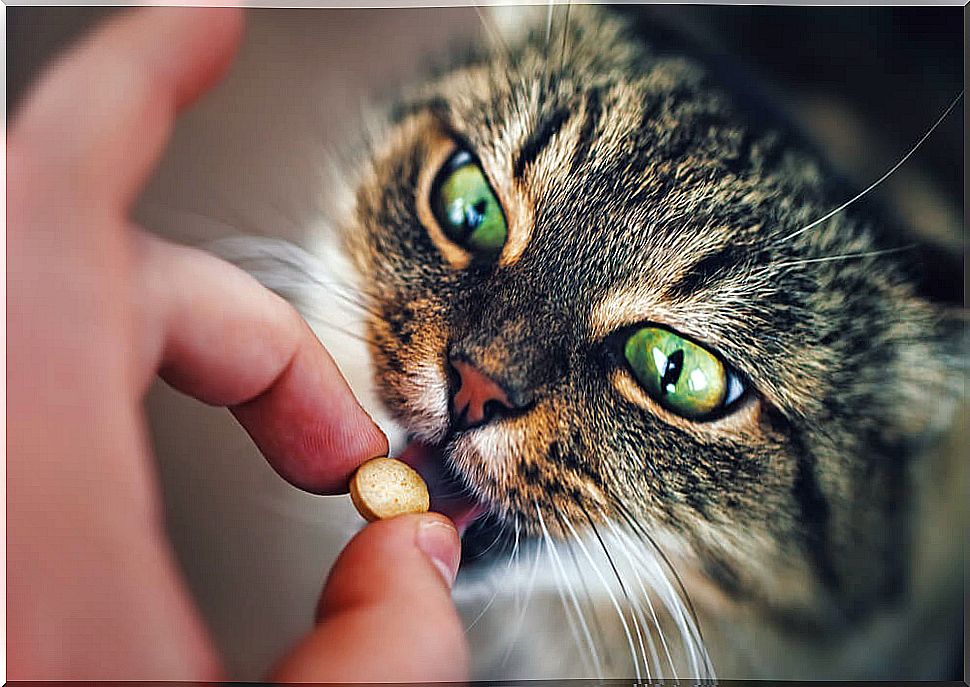
Nonsteroidal anti-inflammatory drugs (NSAIDs) can cause severe kidney failure and stomach ulcers. Without proper treatment, the consequences can be fatal.
You always have to make sure that whatever medication you are considering giving your cat is specifically safe for felines. Get advice from your vet before administering any medications on your own. And of course, always keep the medicine cabinet secured somewhere that a cat cannot reach.
6. Insecticides
Poisoning by domestic insecticides is quite common, also due to inappropriate treatment with a topical medicine – intended for use in dogs – to combat fleas and ticks. Exposure to insecticides, such as lawn and garden products, sprays, dusts, or granules, often occurs when a cat walks through a treated area. These cases are usually mild to moderate poisonings.
More serious cases occur from exposure to drugs for canine ectoparasites. These products contain pyrethrins or pyrethroids, which are highly toxic to cats. Commonly, after application, cats may lick themselves or other dogs that live with them.
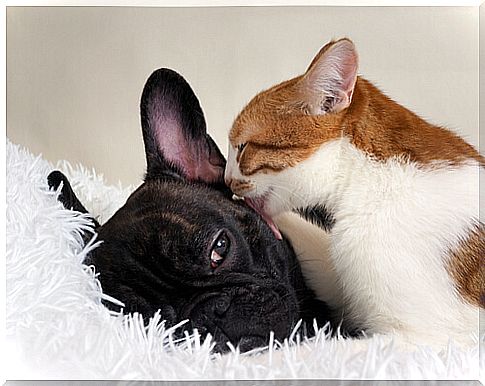
7. Mothballs
Pets may be attracted to the curious smell of mothballs. These, used carelessly, pose a hidden threat to the health of pets.
Inhalation of mothballs causes respiratory distress, eye irritation, and many other symptoms. Ingestion causes intoxication leading to liver damage, respiratory failure, seizures, cardiac arrhythmia, and the possibility of death.
When in doubt, consult your vet or an expert poison service. Avoid exposing your cat, save common substances that can affect your cat, and don’t think that just because something seems inaccessible, a cat won’t be able to reach it.
